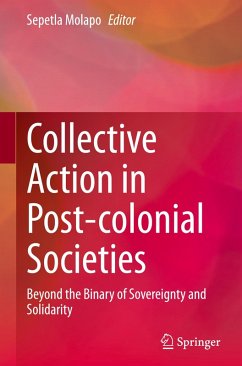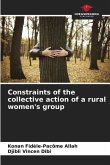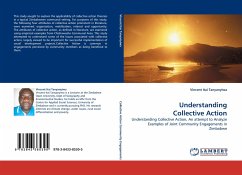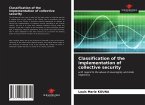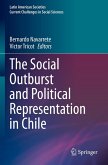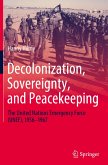This book offers an exploration of collective action by bringing together the themes of sovereignty and solidarity in post-colonial societies in Africa and beyond. It does so against a common tradition of writing about collective action that assumes an opposition between the state as a legal framework of unity and social movements that express the aspirations of marginalized people. The book's examination of collective action resists this binary division. It states that sovereignty can be imagined beyond the confines of the law and consequently beyond the centrality of the state. Power therefore appears as a construct of forces and factors that signal or gesture to a complex but fascinating way of imagining collective action. These forces and factors open our eyes to the dynamics of life in post-colonial societies in ways that the understanding of sovereignty centred on law conceals. Brought into an intimacy with solidarity, sovereignty opens collective action to nuanced, complex and multiple configurations that surpass binary thinking. This is an innovative approach and of interest to students and scholars from across the social sciences.
Hinweis: Dieser Artikel kann nur an eine deutsche Lieferadresse ausgeliefert werden.
Hinweis: Dieser Artikel kann nur an eine deutsche Lieferadresse ausgeliefert werden.

